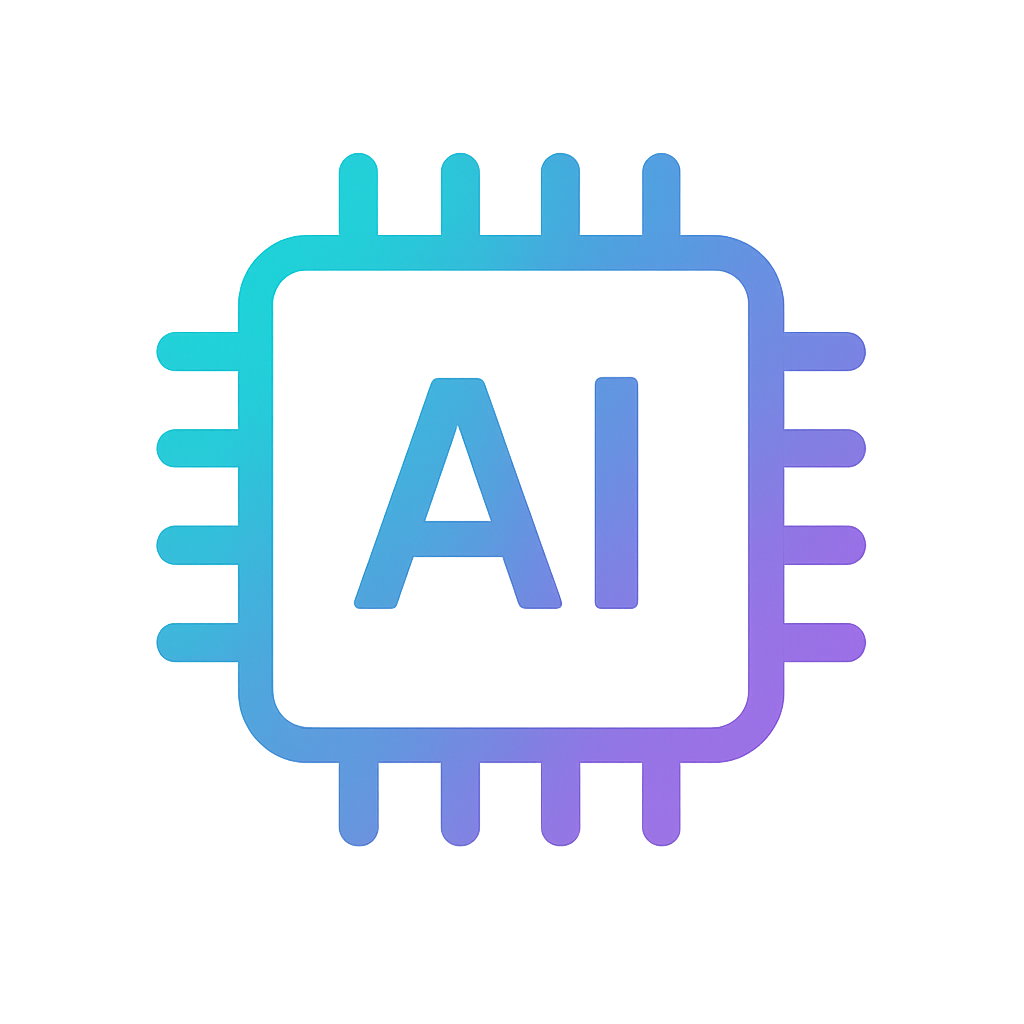Artec 3D & the 1st SHApe Recovery from Partial textured 3D scans (SHARP) workshop and challenge in Glasgow, Scotland
On August 23rd, Glasgow, Scotland will host an event sponsored by Artec 3D that’s focused on promoting the development of various methods of recovering complete 3D scans from partial captures. Organized by both Luxembourg University and Artec 3D, as part of the 2020 European Conference on Computer Vision (ECCV), the 1st SHApe Recovery from Partial textured 3D scans (SHARP) workshop and challenge will cover a variety of facets of this exciting topic, addressing photogrammetric capture systems as well as handheld 3D scanners. The strengths and weaknesses of each will be highlighted, as well as solutions for achieving the best results via available technologies.

Two challenges will also take place at the event, each with two tracks. The goal of the challenges consists of reconstructing a full 3D textured mesh from a partial 3D scan. The first challenge is centered on human bodies, while the second challenge is focused on a range of generic objects. The respective datasets are as follows:
Recovery of textured human body scans
This challenge introduces a new unique dataset, 3DBodyTex.v2 – an extension of the 3DBodyTex data, which contains 3,300 textured 3D body scans with tight-fitting or loose clothing, with a large variety of poses and subjects.

Recovery of textured generic object scans
This challenge introduces a new unique dataset, 3DObjectTex.v1 – a subset from the ViewShape repository, which includes 1,200 textured 3D scans of many different objects.

You’re welcome to participate in the challenges either in person or online. To do so in person, you’ll first need to submit a paper. For online participation, you’ll have to submit a code at the end. And combining both options is also possible.
For more information on registration and submission of papers, please visit: https://cvi2.uni.lu/sharp2020
Participants in the challenge should document their results by submitting either long papers or short papers in the ECCV 2020 proceedings style and format. Accepted papers will be peer-reviewed and included in the ECCV 2020 conference proceedings.
6,000 euros in prizes will be awarded to the winners of the challenges.

Capturing comprehensive 3D scans is crucial yet can often be elusive, due to details and factors such as wrinkles in clothing when scanning people, occlusion of certain parts of an object, movement, fine anatomical structures, as well as fabric/material type, hair, reflection, etc.
Photogrammetric systems are one method of acquisition, yet can miss out on capturing certain details due to their fixed setup, not to mention being bulky and requiring longer durations to prepare for each use. Handheld 3D scanners excel at capturing everything down to the finest details, including complex geometries from challenging angles, but, as a result, longer acquisition time is needed. When it comes to the actual scanning, both methods can result in gaps in acquired data, not to mention inaccuracies.
That said, the acquisition time of handheld scanners could be reduced if partial data captured during scanning were used to complete any missing areas during post-processing. While photogrammetric captures could be improved by also completing the missing areas and at the same time adjusting upwards any zones of lower quality. These developments are in focus for industrial as well as consumer applications. As a result, higher-quality captures would become possible on more affordable devices. Spheres impacted by such advances include healthcare, fashion and retail, industrial, virtual/augmented reality, and others.
We’re looking forward to meeting you, whether in person or virtually, so please make plans to join us in solving these fascinating challenges!
Where: SEC, Glasgow, Scotland
When: August 23, 2020
